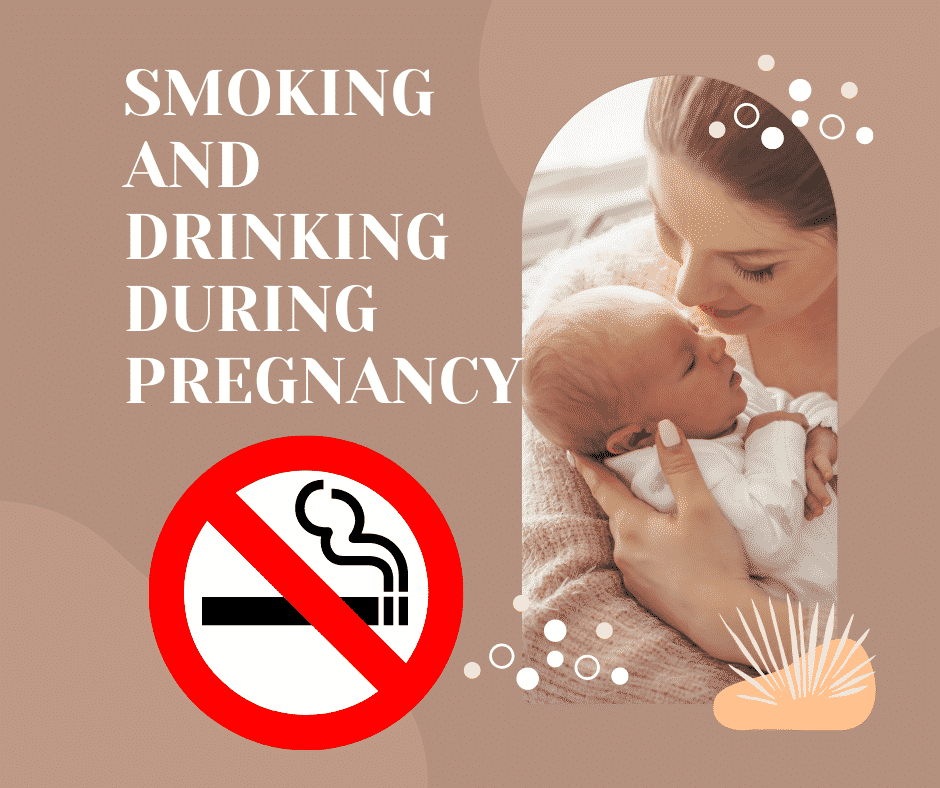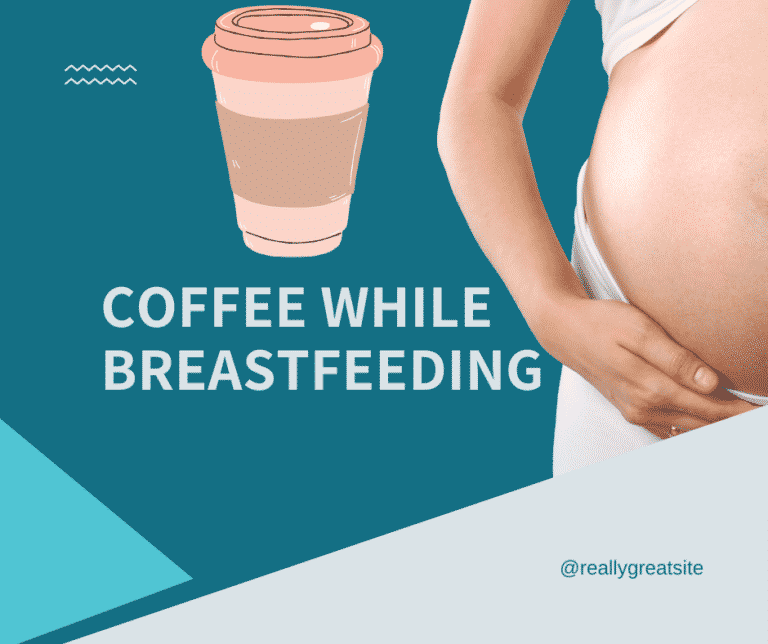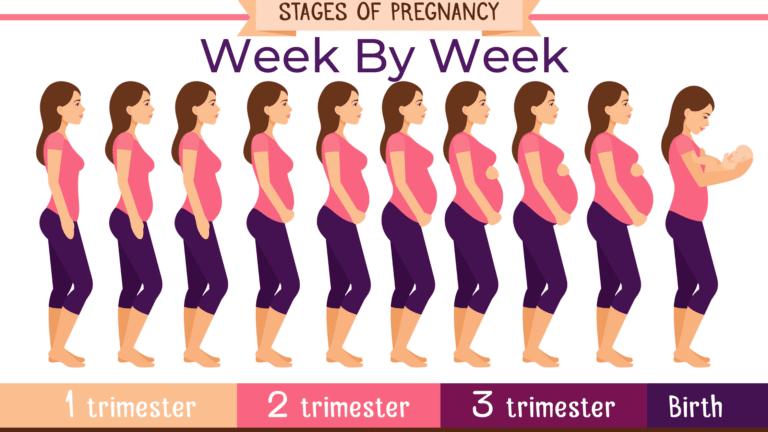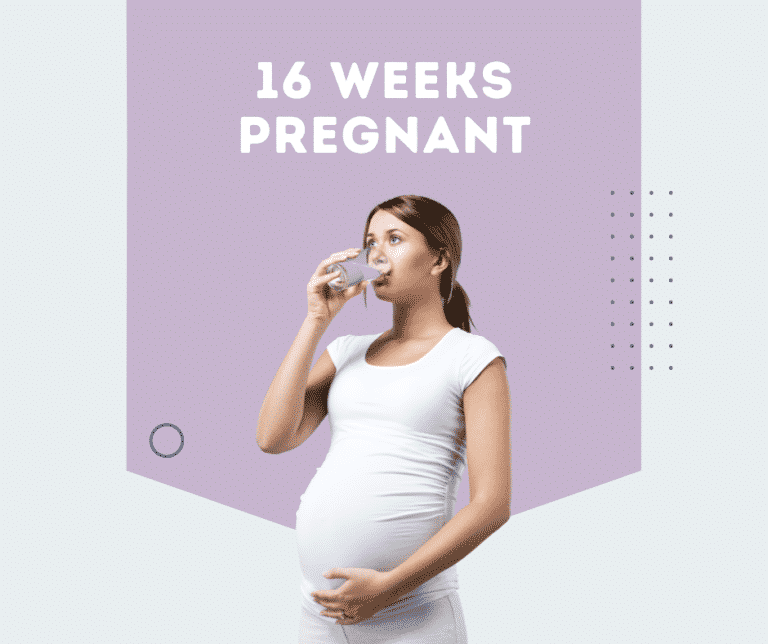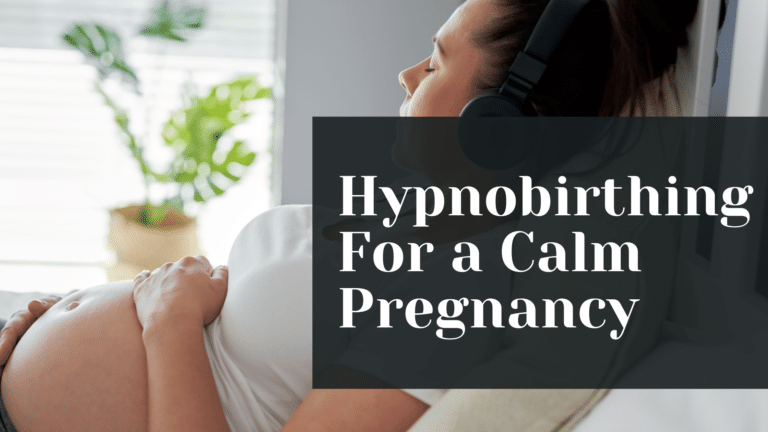Smoking and Drinking While Pregnant: How To Control Health Problems
Published on April 30, 2022 – Last Updated on April 30, 2022
When most people think about the dangers of smoking and drinking, they usually think about the long-term health consequences. But what many people don’t realize is that these habits can also cause significant health problems for pregnant women and their babies. In this blog post, we’ll discuss some of the risks associated with smoking and drinking while pregnant, and we’ll provide tips on how to control these problems. We hope that this information will help you make informed decisions about your health during pregnancy.
Smoking and pregnancy
Smoking during pregnancy is one of the most preventable causes of health problems for both mother and child. Studies have shown those smoking cigarettes while pregnant can lead to various complications, including low birth weight, premature birth, and stillbirth. In addition, smoking during pregnancy increases the risk of developing placental abruption, a condition in which the placenta breaks away from the uterine wall. This can be life-threatening for both mother and child.
Additionally, exposure to secondhand smoke is also harmful to pregnant women and their developing babies. Pregnant women who are exposed to secondhand smoke are at an increased risk of miscarrying or having a baby with a low birth weight. While quitting smoking can be difficult, it is essential for the health of both mother and child. There are a variety of resources available to help pregnant women quit smoking, and many hospitals offer programs specifically designed for pregnant smokers. Quitting smoking is one of the best things that a woman can do for her health and the health of her unborn child.
Make sure to check out our: best quit smoking apps and stop smoking meditations.
Giving up smoking while pregnant
Smoking is one of the leading causes of preventable death in the United States. Each year, tobacco smoking kills more than 480,000 Americans. And while quitting smoking at any time is beneficial, quitting while pregnant can have especially positive effects for both mother and child.
Smoking during pregnancy can cause a host of problems for both the mother and the child. For mothers, smoking increases the risk of developing high blood pressure, heart disease, and cancer. It also increases the likelihood of having a miscarriage or giving birth to a low-weight baby. Furthermore, mothers who smoke are more likely to experience complications during labor and delivery. As for children, those exposed to second-hand smoke are at increased risk for developmental delays, respiratory problems, and SIDS (sudden infant death syndrome). They’re also more likely to start smoking themselves as teens or adults.
Fortunately, there are many resources available to help pregnant women quit smoking. Doctors and midwives can provide guidance and support, and there are also quit-smoking programs specifically designed for pregnant women. These programs often include counseling and other forms of support to help women overcome nicotine addiction and stop smoking for good.
So if you’re pregnant and smoking, know that it’s never too late to quit. Doing so will dramatically improve your health and the health of your child.
Breathing secondhand smoke and more tips for smoking mothers
Cigarette smoking is dangerous for both women and children. This is because cigarette smoke contains hundreds of chemicals, including nicotine which is highly addictive. In addition, secondhand smoking has been linked to lung cancer in non-smoking adults and can cause serious health problems such as bronchitis and pneumonia in babies who are exposed to it before they are born (NHS Choices, 2014).
The best way to avoid secondhand smoke is not to smoke at all. If you are a smoker, it is essential to take steps to protect your child from your smoke. You can do this by:
- Smoking only when your child is not present
- Not smoking in the car or in the house
- Wearing a shirt or jacket to cover up your clothing if it smells of smoke
In addition to these steps, there are also other things you can do that may help you cease smoking. These include:
- Joining a support group or quitting program.
- Using nicotine patches or other aids to help with withdrawal symptoms
By taking these simple steps, you can not only protect your health and reduce the risk of disease and illness, but you can also protect your child from the dangers of secondhand smoking.
Fetal Alcohol Syndrome
Foetal Alcohol Syndrome (FAS) is a very serious condition that can have devastating impacts on the health and development of children. This disorder results from exposure to alcohol during pregnancy, and it can cause serious damage to the central nervous system and other health issues. FAS can lead to physical disability, developmental delay, intellectual impairment, and even death if left untreated.
Fortunately, there are ways to prevent this condition and protect the health of unborn children. The first step is to avoid alcohol consumption entirely while pregnant. It is also important to seek early diagnosis and treatment for those with suspected FAS to receive proper care. With proper planning and care, fetal alcohol syndrome can be avoided, ensuring that every child has the best possible start in life.
Alcohol, Pregnancy, and breastfeeding
Alcohol consumption during pregnancy can lead to a wide range of congenital disabilities and developmental problems for the child. These problems can include physical abnormalities, mental retardation, behavioral problems, and learning disabilities. Additionally, alcohol consumption during pregnancy increases the risk of miscarriage, stillbirth, and premature delivery. Therefore, pregnant women need to avoid alcohol altogether for these reasons.
Breastfeeding mothers should also avoid consuming alcohol. Alcohol enters the milk supply and can harm the nursing infant. Studies have shown that infants exposed to alcohol through breast milk are more likely to experience sleep problems, feeding difficulties, and developmental delays. In some cases, exposure to alcohol via breast milk can even lead to sudden infant death syndrome (SIDS). Therefore, it is essential for breastfeeding mothers to abstain from alcohol consumption.
Illegal drugs and pregnancy
Anyone who has seen the devastating effects of illegal drugs on children knows that drug use during pregnancy can be extremely dangerous. Illegal drugs can cross the placenta and enter a baby’s bloodstream, resulting in developmental problems and congenital disabilities. In extreme cases, mothers who abuse drugs during pregnancy may also unintentionally cause their babies to go into withdrawing immediately after birth.
Clearly, pregnant women must avoid all forms of illegal drug use. This will protect their health, but it can also help to ensure that their babies are born healthy and free from illness. If you know someone who is pregnant and may be struggling with an addiction to drugs, then be sure to encourage them to seek out support and treatment as soon as possible. By working together to keep babies safe from illegal drug use, we can help protect the futures of thousands of children around the world.
🤰More on pregnancy:
- Can you drink soda while breastfeeding?
- Fish Oil During Pregnancy
- Can I drink decaf coffee while pregnant
- Can pregnant women drink coffee
- Coffee While Breastfeeding
- Can you drink coffee while pregnant?
- Orange juice during pregnancy
- Can you drink liquid iv while pregnant
- How much water should a pregnant woman drink
- Drinking Matcha during pregnancy
- Green Tea during pregnancy
Drinking Alcohol While Pregnant Can Cause Birth Defects
It is well known that drinking alcohol during pregnancy can have adverse effects on the development of a baby. According to scientific research, any amount of alcohol consumption can increase the risk of birth defects, including developmental delays, cognitive deficits, growth retardation, and abnormalities in facial features. Not only that, but studies have also found a strong link between prenatal alcohol exposure and a grown risk of childhood cancers.
Therefore, women must avoid alcohol during pregnancy to give their babies the best chance for a healthy start in life. After all, our health as mothers directly impacts the long-term health of our children. So let’s do what we can to protect the next generation by refusing to drink alcohol while pregnant. Because every life matters!
Prescription and over-the-counter drugs during pregnancy
The decision to take prescription or over-the-counter drugs during pregnancy should be made with the guidance of a healthcare provider. While many drugs are safe to use during pregnancy, some may pose risks to the developing baby. For example, certain antibiotics can increase the risk of birth deficiencies, and some antihistamines may cause drowsiness or other problems.
As a result, it is important to consult with a healthcare provider before taking any medication, even if it is available over the counter. In addition, pregnant women should read the labels of all medicines carefully, as some may contain ingredients that are not recommended for use during pregnancy. By following these guidelines, women can help ensure a healthy pregnancy for themselves and their babies.
Path to improved health while pregnant
If you are pregnant or thinking of becoming pregnant, there are several actions that you can take to help improve your long-term health as well as the health of your baby. The most important step you can take is to stop smoking since smoking has increased the risk of complications such as preterm birth and low birth weight. Furthermore, research has indicated that smoking during pregnancy improves the risk of SIDS, or cot death.
In addition to quitting smoking, it is also essential to avoid alcohol while you are pregnant. There is a lot of evidence showing that even light alcohol use can negatively affect fetal growth and development, potentially putting your baby at risk for certain types of birth deficiencies or developmental disorders. To ensure the best possible outcome for you and your child, make sure that you prioritize your health and avoid all substances during pregnancy. With some commitment and effort, both you and your baby will be on the path to improved well-being for years to come.
Substance abuse during pregnancy is a severe problem that can have devastating effects on both the mother and child. In particular, women who use illegal drugs such as heroin or cocaine during pregnancy are at improved risk for premature delivery, placental abruption, infections, and other issues. Not to mention, babies born to drug-addicted mothers may suffer from withdrawal symptoms, poor development, and other risks to the baby’s health.

